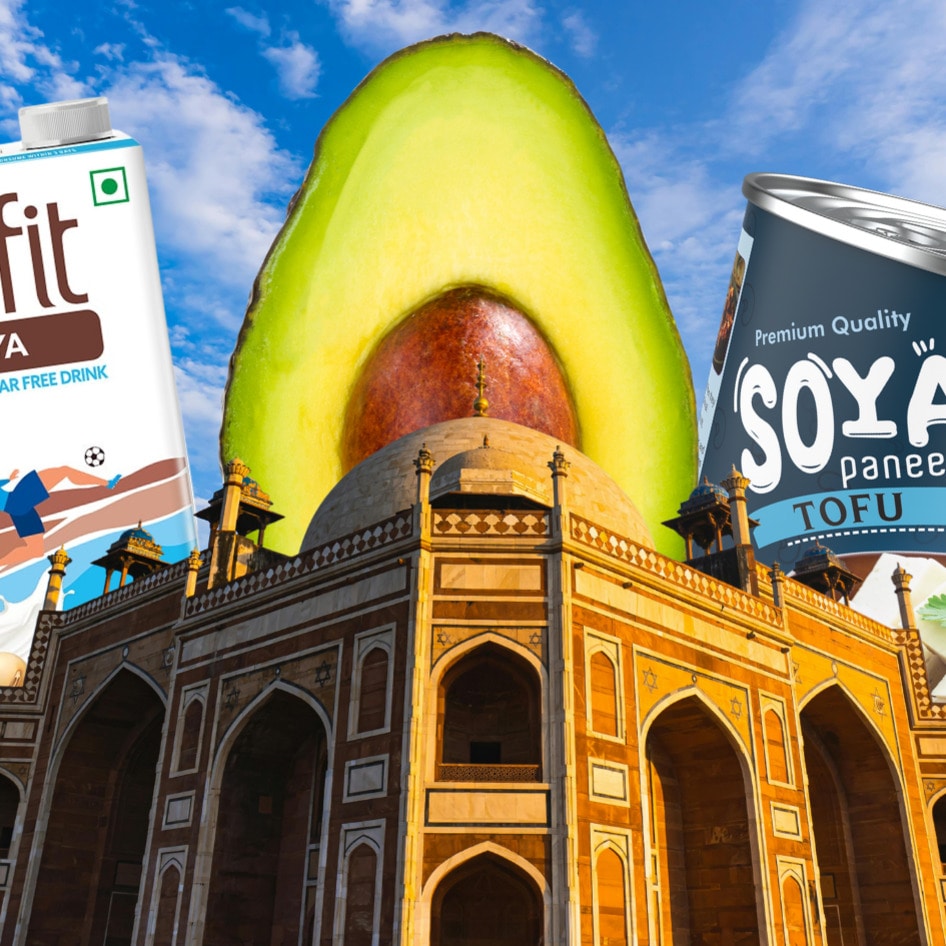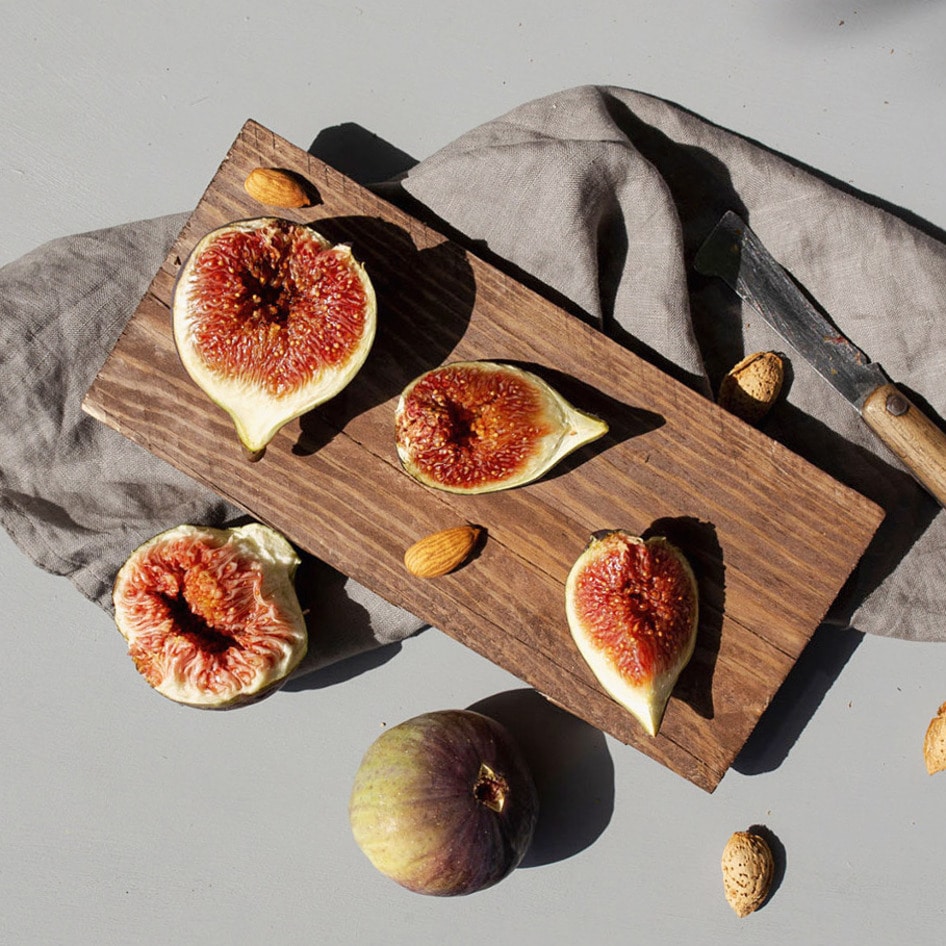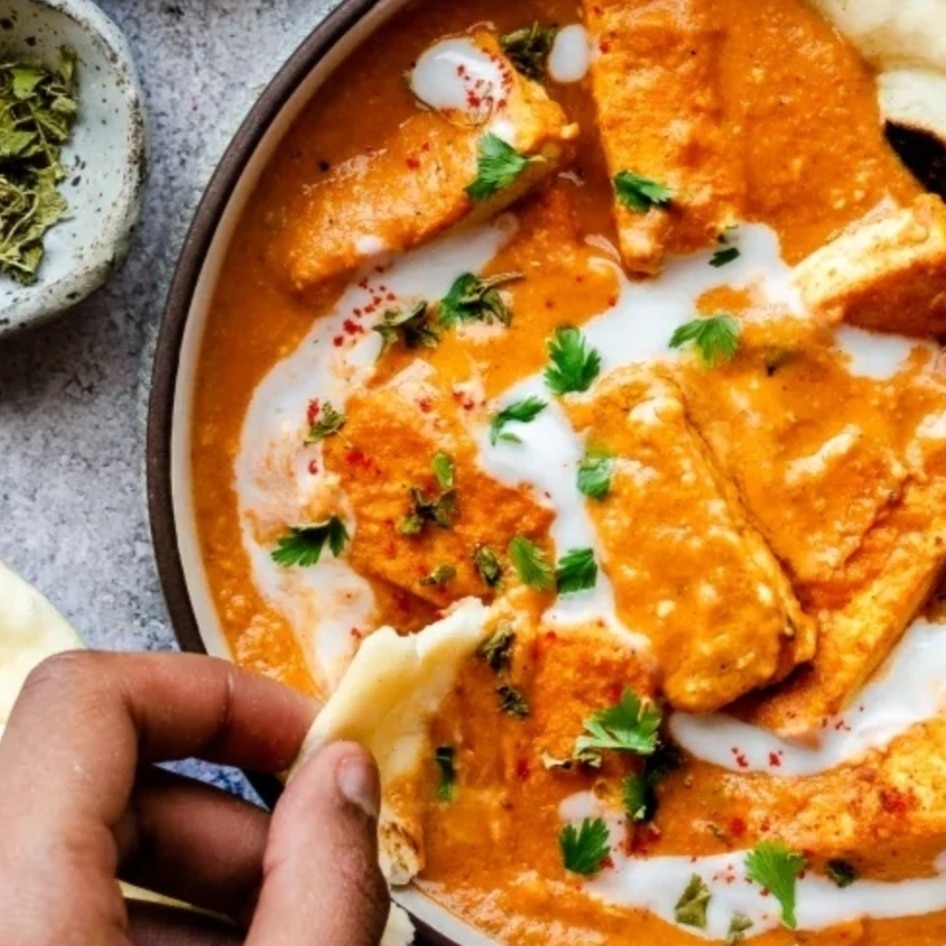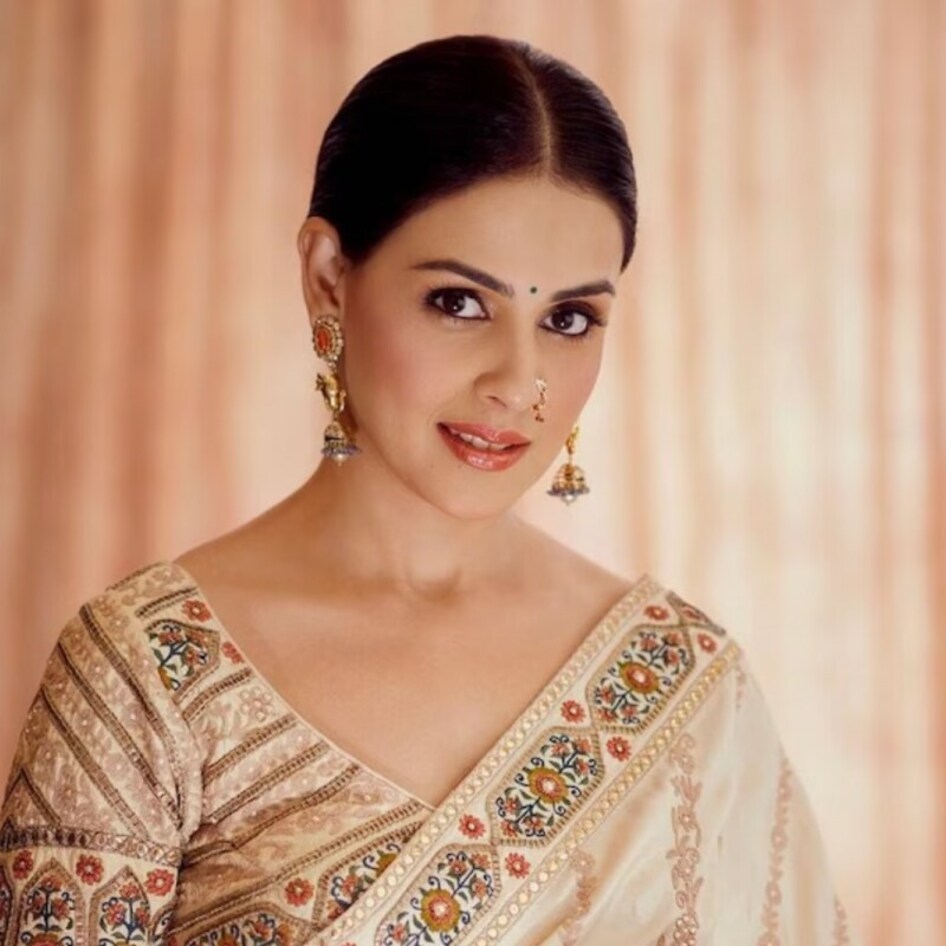5 Reasons Hindu Vegetarians Should Go Vegan
Hinduism teaches peace and respect for all living creatures, which is why it’s time for its followers to follow a plant-based diet.
September 20, 2017
According to ancient Hindu scriptures, nonviolence is the most important virtue. For this reason, millions of Hindus are lacto-vegetarians, as it is a diet that lessens harm to animals. Also, cow’s milk and milk products have been used in Indian cuisine and Hindu religious rituals for thousands of years because cow’s milk is synonymous with divinity and purity. And, according to Ayurveda (the medical system of Hinduism), cow’s milk is nutritious and is a “complete food” for human consumption. However, as a devout Hindu, often I see Abhishekam (a ritual bathing of the Deity with cow’s milk) of Lord Krishna in temples, and this imagery leaves me engulfed in sadness, as images of cows suffering on dairy farms flash in my mind when the priest performs Abhishekam. Similar to me, many of my Hindu friends are disturbed when cow’s milk is used in divine rituals. With that in mind, here are five reasons why I think Hindus should adopt a vegan diet.
1. Gandhi
In the modern world, cows endure pain and suffering to produce milk. In India, abandoned cows eat plastic inadvertently while scavenging for food. In Western countries, cows are slaughtered once they stop producing milk and are treated as milk machines. Thousands of Jains (followers of Jainism) have stopped consuming cow’s milk after learning about the horrific condition of cows, which begs the question of whether or not the consumption of cow’s milk and milk products is the definition of a cruelty-free diet. Nearly a century ago, devout Hindu Mahatma Gandhi took a vow not to consume cow’s milk after he learned about the cruel procedure (phooka or doom dev) in which cows are subjected to forceful blowing of air. Gandhi said, “Cow protection, to me, is not mere protection of the cow. It means protection of all that lives and is helpless and weak in the world.” Based on this quote, we can assume that if Gandhi were alive today, he would advocate a vegan diet. Similarly, Indian spiritual leader Dada J.P. Vaswani stopped consuming cow’s milk after he learned about the cruel conditions to which cows are subjected. He says, “Animals are human beings in the making.”
2. The environment
Ancient Hindu teaching—Vasudhaiva Kutumbakam (One World, One Family) tells Hindus to love and respect all human beings, animals, trees, rivers, and mountains. So, before constructing anything and everything, the religious ritual Bhoomi Pooja is performed to ask forgiveness (for taking the habitat of plants and animals) and to evoke the blessings of Bhumi Devi. Furthermore, spiritual organizations such as Art Of Living, Isha, and BAPS Swaminarayan (based on Hindu philosophy and values) have taken the initiative to plant millions of trees and clean rivers in India and across the world, while numerous Hindu organizations have taken the pledge to protect environment and conserve natural resources by signing “Hindu Declaration on Climate Change.” Add these values with Hindu scholar Vamadeva Shastri’s belief that “Hindus honor all creatures on Earth and the various beauties of the planet, the mountains, rivers, forests, and oceans,” and the connection between Hinduism and veganism becomes apparent.
3. Our health
Many Hindus assume cow’s milk and ghee to be part of a sattvic diet, which—according to Ayurveda—promotes health and longevity. Unfortunately, in the modern world, cow’s milk and ghee is tamasic (unhealthy and promotes ignorance). In the Hindu scripture Bhagvad Gita, Lord Krishna says, “Sattvic food increase the duration of life, purify one’s existence, and give strength, health, happiness, and satisfaction,” while Sadhu Mukundcharandas says, “Milk from milch cows is not sattvic. It is tamasic and therefore not edible.” Instead, Hindus can use coconut oil, extra virgin olive oil, and coconut milk as substitutes for ghee and cow’s milk.
4. The animals’ health
Today, millions of chickens, goats, pigs, cows, and lambs are slaughtered for meat and leather, while millions of other animals spend their lives in dark sheds and abusive environments. In addition, the cosmetics industry kills thousands of rats, mice, fish, and rabbits during animal testing. However, Hinduism prescribes ahimsa (non-violence), an important virtue that advocates for the total avoidance of harming all living creatures. In Bhagvad Gita, Lord Krishna says that God resides in every creature, and Lord Krishna’s animals—cows, deer, parrots, dogs, peacocks, monkeys, swans, and other birds—are in a state of bliss. By going vegan, Hindus would allow modern animals to continue this state of bliss.
5. The food!
Indian cuisine is rich in lentils, bean sprouts, millets, vegetables, and greens, which makes veganizing Indian dishes is easy. Often, traditional Indian meals contain a small bowl of yogurt, while a dollop of ghee or butter is used to make Indian breads, but vegetable oil is an excellent substitute. Mango lassi (mango smoothie) is traditionally made with yogurt and milk but can be substituted with almond milk or cashew milk. Tofu is a great substitute for egg and paneer (Indian cottage cheese), and a vegan omelet can be made with garbanzo flour, chopped onion, cilantro, and chili powder. Seitan can be used to make vegan mutton biryani, and homemade cashew or almond milk can be used to make delicious kheer (rice pudding), halwa (pudding), and burfis (fudge). Finally, thanks to YouTube and vegan food blogs such as Vegan Richa and Holy Cow, vegan Indian recipes are easy to find.
Kumudha Venkatesan is a vegan and tries to follow the teachings of Bhagvad Gita every day.
JUMP TO ... Latest News | Recipes | Guides | Health | Subscribe







